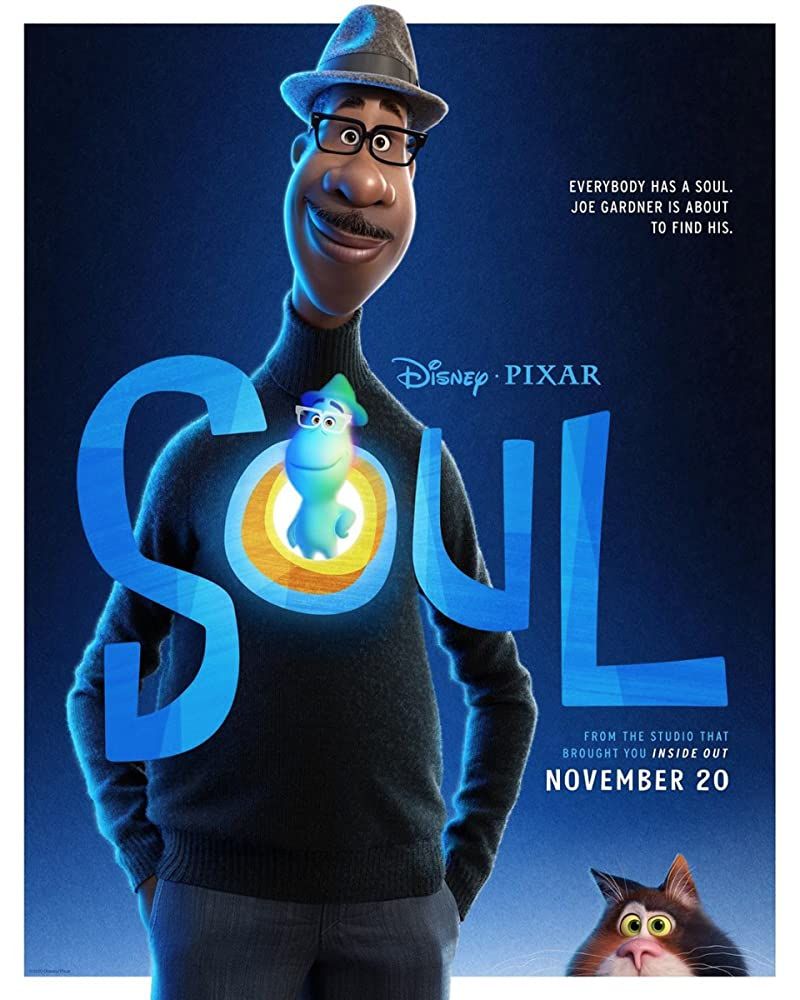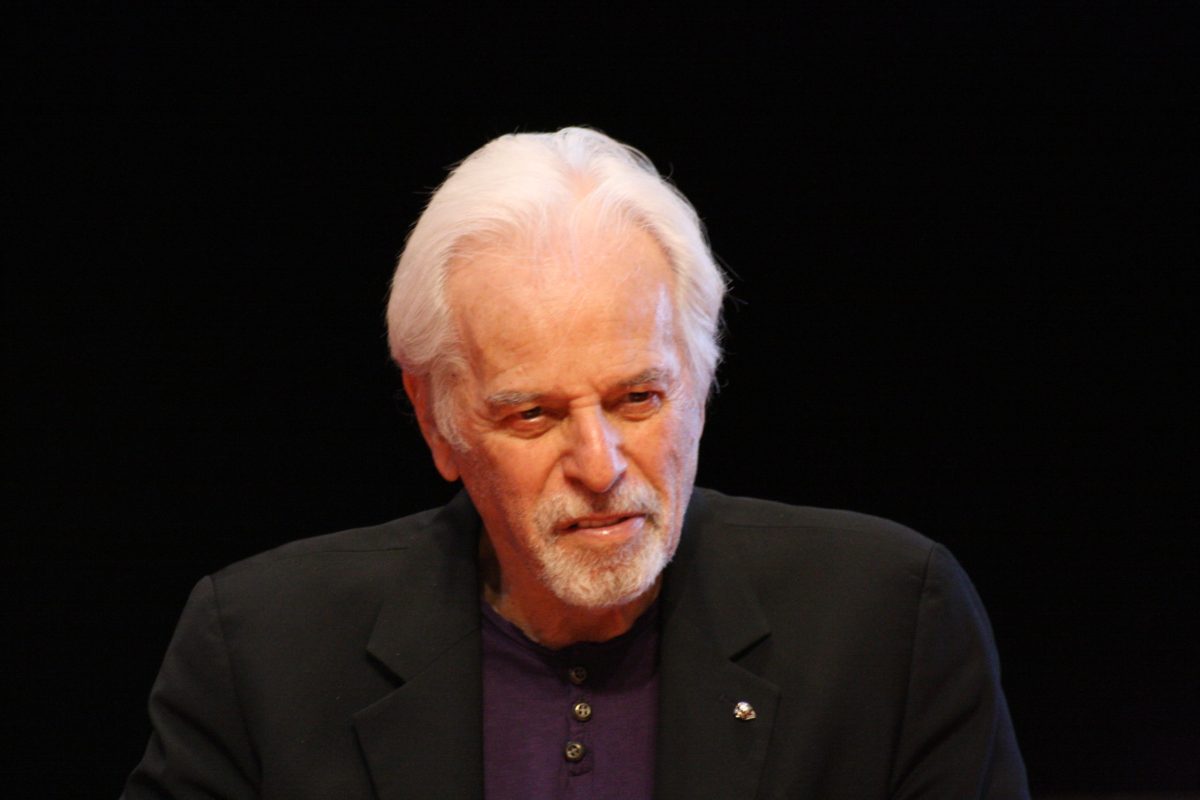Every year, a new batch of films arrives to replace the previous year’s hits or misses which either solidifies or loosens the previous-previous year’s grasp of memorable films while also loosening the previous-previous-previous hold year’s films as well. Let that chain of competition go on and a list forms of the greatest films to exist. These lists are either created by a single person or a survey sent out and complete over a matter of months (depending on which company is offering said survey). The films on the list are made up of decades of material and vary by their genre, acting gravitas, direction, screenplay, and anything else that can define a film and make it individually stand out among its many brethren. The lists define these films as the ideal standard that all films should look up to and strive towards, but that varies by what the film is trying to achieve (critical or financial success) and if it achieves said goals. It is complicated these days to make a single list (which is why there’s a top 100 rather than a top 10) because there’re so many great films out there and everyone is going to be affected differently by their respective viewings. This article isn’t going to list them out, but it’s going to define what makes a film worthy of being listed and how any film can achieve their target (or exceed it).
A film is made up of imagery and the actions it illustrates. To be ‘great’, a film needs to supply the best of what these two subjects can offer. For imagery, this includes everything that is portrayed on camera from the setting to how each frame immerses the user in the world, the style used, and the tale it attempts to represent. What are we seeing (if anything)? What do our characters look like? For action, this includes anything from the story that unfolds, the character’s reactions to their situation, any word or motion made, and how these actions morph into their respective imagery. What is the goal within this film? How does this film’s inhabitants achieve their goal (if they do)? Having imagery and actions that are universally agreed upon as exceptional will give your film the title of ‘great’. Your film will be remembered throughout time and across generations as a “film to watch” or a “must-see”. The real question in the end is, what makes a film’s imagery and actions likeable?
To understand how a film can be applauded it is best to also see where the film wants to be. What affair would make the film happy? What guarantees success to a film? The success of a film is dependent upon where the film wants to go. Is it after box office earnings? Is it made for the critics and competitions/festivals? Fan service? In the end, success depends on if the film achieves or exceeds their goal. It may have success, but being a likeable film is another equation entirely. Films can have success, yet not be universally applauded. The most logical reason for a film being likeable is the subject of relatability. Does the film reflect any part of your reality? Does the film feel like it is a part of you? If you can personally relate yourself to what you are seeing, then that film is going to remain etched into your memories because that film now defines you.
Everyone and everything that criticizes or judges a film or anything within our plausible reality is going to have a different voice to portray their unique perspective. Being named ‘great’ isn’t everything unless the work put into every aspect included makes the film worthy of the title. It can either be about balance or breaking the scale altogether. There’s no such thing as a ‘perfect’ film, but it never hurts to believe that there is such a thing. Personally, any film can be called ‘great’, but it all comes down to who’s watching. Who are you? We thrust greatness to define ourselves, and that’s why we always strive for it. So, what are you watching?

































